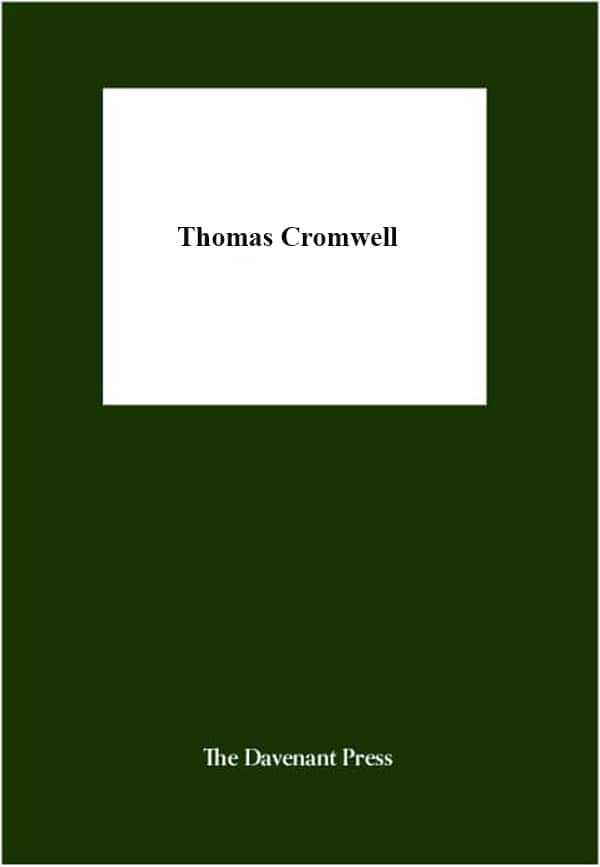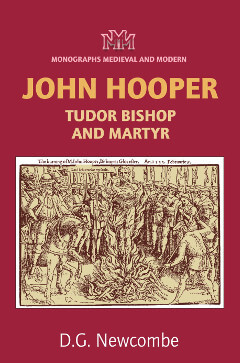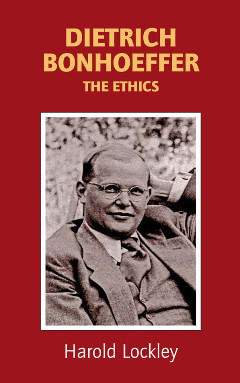ISBN 978 1 85944 299 9. First published in 1991 by Headstart History; reprinted by The Davenant Press 2014. Thomas Cromwell was Henry VIII’s ‘man of business’. His early adult life was spent in Europe before he returned to England and entered the service of Cardinal Wolsey who recognised is ability and efficiency in carrying out policy. The fall of Wolsey could have ended his career at court but he survived and established himself as the king’s right-hand man and most importantly at finding a solution to ending Henry’s marriage to Catherine of Aragon enabling him to marry Anne Boleyn. Cromwell was a reformer. His work with the king led to the establishment of parliament’s power and through a series of acts ended papal authority in England and through the Act of Supremacy made Henry VIII head of the Church in England. With Thomas Cranmer becoming the first Protestant Archbishop of Canterbury . Such power brought enemies and for the ‘low born’ Cromwell those enemies included the Duke of Norfolk. The deaths of Anne and Jane Seymour allowed Cromwell to persuade the king to make an unsuccessful marriage to Anne of Cleves. That and the implied changes in foreign policy made it simple for Norfolk and his friends to turn Henry against Cromwell who was condemned to death and executed in 1541. An action which Henry quickly regretted.
Professor Sir Geoffrey Elton spent most of his academic life at Clare College, Cambridge and retired as he was knighted for his services to History and retired as Professor of Constitutional History. Geoffrey Elton believed that all research should start with the documents and amongst his many books The Tudor Constitution remains an invaluable tool. But it was The Tudor Revolution in Government which established Thomas Cromwell as the force behind the changes made between the fall and death Wolsey and Cromwell’s in 1541 and demonstrated that the changes made in the ‘Reformation Parliament reflected the ideas of Cromwell and his influence over Henry VIII.. Ultimately power lay with the king and Cromwell’s death reflected that.




